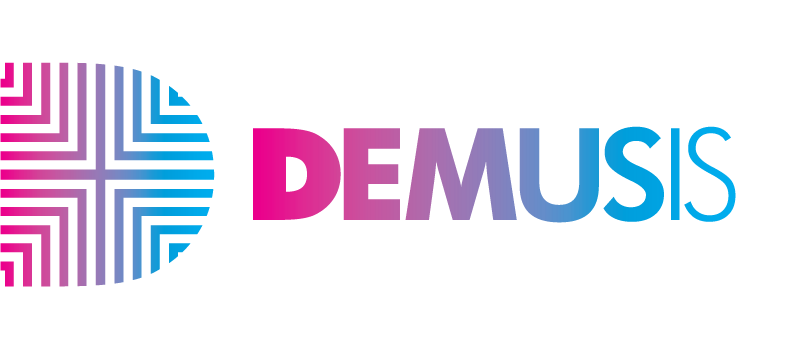The project will address the following target groups:
- Students will benefit from the promotion of new knowledge and skills and will be better prepared for an internationally-oriented labor market and future careers. Also, students will profit from having a greater understanding of entrepreneurial attitudes and digital technologies through new and modernized study programmes.
- Teaching, academic and non-academic staff from the partner institutions will be involved in the project: (a )management will adopt the new attitude towards entrepreneurship; (b) teachers will profit from the collaboration among HMEIs at European level, and gain new digital competencies, thus contributing to the quality of their teaching and the overall quality of their institutions; (c)non academic staff will gain from attending trainings.
- Serbian higher education institutions in music. Three highest music academic institutions in Serbia will use project results to: (a) build institutional capacities, equip their music labs with new and up-to-date hardware and software, change institutional paradigm towards digital technologies and entrepreneurship education; (b) modify existing curriculum towards 21st century requirements, to create new career prospects; (c) create on-line learning platforms suited to their own needs and (c) at a longer term, to increase their relevance for future students
- Music professionals will upgrade their knowledge with new skills and competencies through traditional and online LLL courses and gain greater access to the new employment markets
- Primary and secondary music education: teachers will take part in LLL trainings on music entrepreneurship and digital technologies
- Employers & employer organizations (especially rapid developing IT sector in Serbia) will benefit, as the project will ensure that education will better respond to their needs through enhancement of skills and practical knowledge of music graduates.
- Local/global communities and marginalized groups. New music initiatives will play a cementing role in community life and between music artists, authorities and government. Online music communities will be developed ensuring global impact.
- The cultural sector in general and the music industries in particular, who will find themselves supported by institutions that offer professionally-oriented training, as well as LLL provision and developmental activities for professionals.
- Society at large. Getting music students out of academia will impact social participation in national cultural policy.
